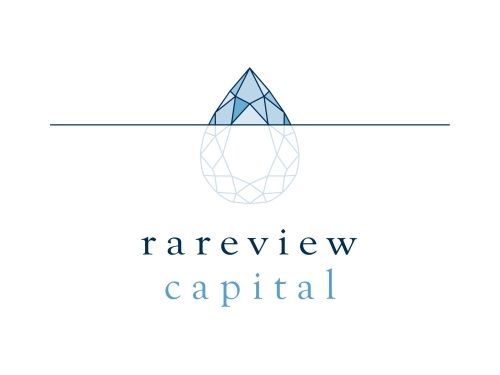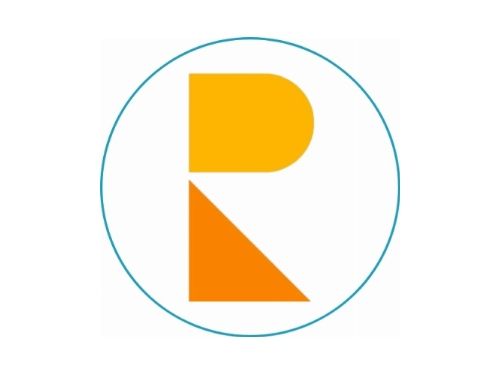Gabbard's Appointment Raises Concerns for Canada-US Intelligence Relationship

Tulsi Gabbard's upcoming role in America's intelligence structure raises concerns for Canada, questioning trust and the future of intelligence-sharing partnerships.
Wesley Wark, a senior fellow at the Centre for International Governance Innovation, discusses the implications of Tulsi Gabbard's potential role in the Trump administration's intelligence framework.
Tulsi Gabbard, previously unknown to many Canadians, is set to take a prominent position as Director of National Intelligence in the new Trump administration. However, her qualifications for this crucial role, established post-9/11, raise serious concerns.
Gabbard’s controversial geopolitical views and her association with Kremlin propaganda cast a shadow on America's strategy concerning the war in Ukraine. She is known for promoting conspiracy theories and was once included on a watch-list in the United States. Despite this, she has demonstrated an ability to navigate political landscapes, recently aligning herself with President Donald Trump.
This puts her in a significant position on the U.S. National Security Council, where she will control access to intelligence briefings for Trump. This development indicates a disturbing trend towards the heavy politicisation of U.S. intelligence.
Canada stands to lose in this scenario as well. Gabbard’s appointment jeopardizes the trust that underpins the longstanding intelligence-sharing relationship between Canada and the U.S., forged during the Second World War. Questions arise regarding her capability to manage Canadian secrets and the reliability of sharing U.S. intelligence with Canada.
Additionally, a recent leak indicates that buyouts have been proposed for all CIA employees—approximately 22,000—aimed at clearing dissenters from the Trump agenda. This could weaken the CIA for years to come. A reported hiring freeze serves to ensure loyalty while dismantling claims of a "deep state."
The WSJ highlights further shifts in CIA focus towards countries that are not traditionally adversarial to the U.S., signalling a potential for espionage that could impact Canada amid ongoing trade tensions.
Given the challenges posed, Canada must enhance its intelligence systems and reduce reliance on U.S. cooperation. Establishing a robust stream of intelligence reporting, particularly concerning U.S. policies, should be a top priority. Canada must be prepared to anticipate Trump's moves and formulate a strategic response.
Diversifying intelligence partnerships is also essential. Strengthening ties with the trusted Five Eyes (the United Kingdom, Australia, and New Zealand), and fostering relationships with France, Germany, the Nordic countries, and Indo-Pacific nations like Japan and South Korea will be crucial.
Moreover, Canada’s intelligence framework should adapt urgently to ensure a more cohesive national organization. Deploying senior "watch officers" across the country to work closely with provincial counterparts will enhance intelligence sharing and awareness of local security issues.
Addressing concerns regarding Arctic sovereignty, the initial step should include establishing watch officers in Canada’s three territories: Yukon, Northwest Territories, and Nunavut.
In conclusion, Canada must adopt a strong, evidence-based stance in response to Trump’s threats and cultivate a more diverse intelligence landscape, paralleling the necessity for seamless interprovincial intelligence trade.



















